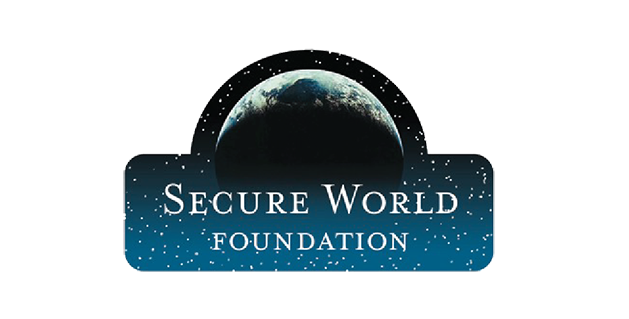
The Secure World Foundation (SWF) co-hosted a discussion of the links between space situational awareness (SSA) and commercial rendezvous and proximity operations (RPO) and on-orbit satellite servicing (OOS). This was held at the sixth annual AMOS Dialogue, a small, invitation-only workshop co-hosted by the Maui Economic Development Board (MEDB) and SWF during the 2018 Advanced Maui Optical and Space Surveillance Technologies (AMOS) Conference, held on the Hawaiian island of Maui, Sept. 11-14, 2018.
The goal of the AMOS Dialogue series is to facilitate discussion among key stakeholders in SSA, thereby promoting greater collaboration and cooperation to enhance SSA for safe and responsible space activities. To accomplish this, the Dialogue brings together representatives from current and future SSA programs and initiatives around the world with a variety of end
users and stakeholders so that they may exchange information and views in a not-for-attribution setting.
The topic of the 2018 AMOS Dialogue was the connection between SSA, RPO, and OOS. The group examined the new RPO technologies and capabilities being developed to support commercial OOS, and how they impact current SSA capabilities and practices. The group also debated what role SSA should play in the development of international standards for RPO and OOS, how SSA capabilities should evolve to support future RPO and OOS missions, and how SSA and RPO impact the development of future space traffic management regimes. The discussion was not for attribution.
The main takeaways from the Dialogue were that licensing for on-orbit activities is still a work in progress. The United States recently changed its licensing rules to allow non-Earth imaging (NEI), a key part of RPO and OOS, but licensing and oversight for other aspects of RPO and OOS are still being worked out. More work needs to be done to define the SSA needed to support commercial RPO and OOS, which will vary depending on the orbital regime and what the specific activity is that is being monitored. Discussions have started to be developed on industry best practices and standards for OOS/RPO, but as of yet have not incorporated a lot of the historical lessons learned from military RPO due to classification concerns. There was also agreement on the need to encourage and empower multiple private sector and governmental data providers to increase SSA capabilities, but also a recognition that the SSA world will need to find ways to deal with the “big data” challenges stemming from greatly increased SSA capabilities.
Read the full report authored by the Secure World Foundation
